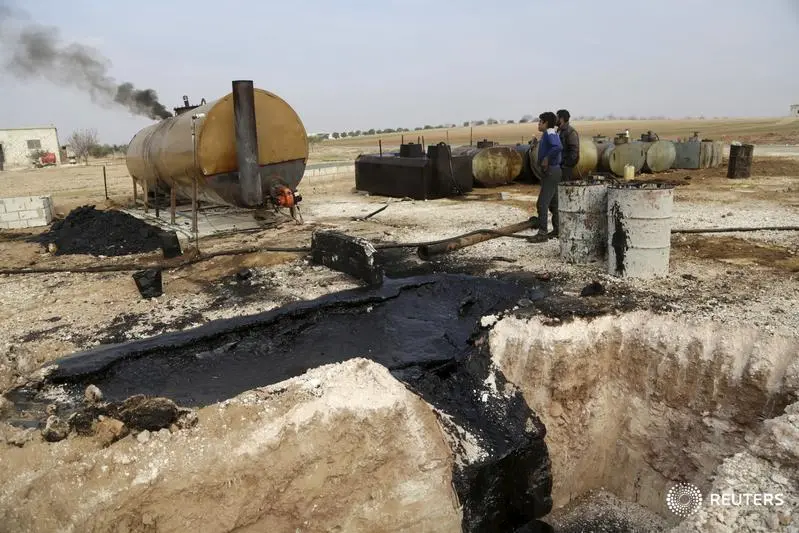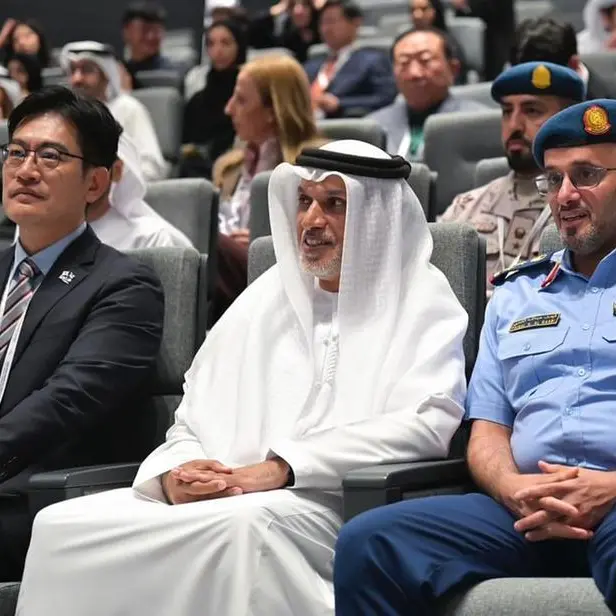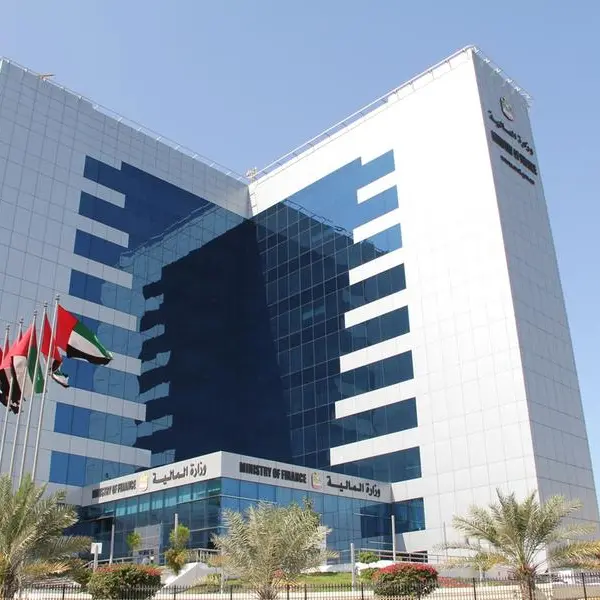PHOTO
Deir al Zor, SYRIA - U.S.-allied militias in northern Syria announced on Saturday the formation of a civilian council to govern the oil rich eastern province of Deir al Zor where they are racing with the Syrian army to capture territory held by Islamic State.
The Syrian Democratic Forces (SDF), which includes Arab militias but is dominated by the powerful Kurdish YPG militia, launched an operation in Deir Zor province which borders Iraq earlier this month which captured its northern countryside and advanced east of the Euphrates River.
On Saturday they seized a major gas field in Deir al-Zor province from Islamic State militants in rapid advances that preempted the Syrian government that was also heading in that direction.
In a separate offensive, Syrian army and Iranian backed militias with Russian air power had also this month broke a years-long Islamic State siege of government-held parts of Deir al-Zor on the other side of the Euphrates river.
The advances against Islamic State have brought U.S.-backed forces and the Syrian government side, backed by Russia and Iran, into close proximity.
The assaults by the Russian-backed Syrian army and the U.S.-backed SDF have at times raised fears of clashes that could stoke tensions between the competing world powers.
The SDF appointed one hundred tribal figures to meet and elect a council to run the province on Sunday.
In a final communique the council said its priority was the return of tens of thousands of displaced residents of the province who fled during the conflict and restoring basic utilities. It urged the U.S. led coalition to provide aid to the war-torn province.
"We want to cement ties among the people of the province," the statement of the newly formed Deir al-Zor civil council said.
The extent of Kurdish control in the eastern province that lies at the heart of Arab tribal area is sensitive both for residents and for Ankara, which has fought a three-decade Kurdish insurgency inside Turkey and fears growing YPG ascendancy just over the border in northern Syria.
Many local Arab tribes from the region also complain they are marginalised in decision making and blame the YPG for discrimination against them, including the forced conscription of their youths. The YPG denies these allegations.
The establishment of a local council effectively run by the SDF expands a sphere of Kurdish influence that has grown in northern Syria during the multi-sided conflict. It would mirror governing arrangements put in place in other towns after the SDF repelled Islamic State.
(Writing and additional reporting by Suleiman Al-Khalidi; Editing by Toby Chopra) ((suleiman.al-khalidi@thomsonreuters.com; +962 79 5521407; Reuters Messaging: suleiman.al-khalidi.reuters.com@thomsonreuters.net))





















